
Test your neurology knowledge with NeurologyLive®'s weekly quiz series, featuring questions on a variety of clinical and historical neurology topics. This week's topic is Alzheimer disease and dementia.

Test your neurology knowledge with NeurologyLive®'s weekly quiz series, featuring questions on a variety of clinical and historical neurology topics. This week's topic is Alzheimer disease and dementia.
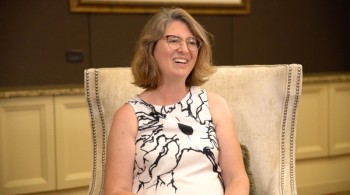
The director of the Parkinson’s Disease and Movement Disorder Program at Global Neuroscience Institute discussed the importance of a multidisciplinary approach to movement disorders and the hot topics of conversation at ATMRD. [WATCH TIME: 2 minutes]

BIIB122, a selective central nervous system-penetrant small molecule inhibitor of LRRK2 is expected to be evaluated in a cohort of 640 patients with early-stage Parkinson disease.
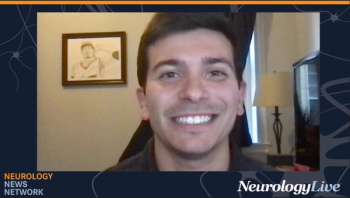
Neurology News Network for the week ending June 25, 2022. [WATCH TIME: 4 minutes]
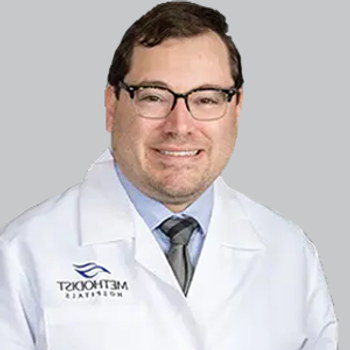
At least 2 weeks following Evusheld injection, all 18 patients included in the cohort had the highest level of antibody response.

Take 5 minutes to catch up on NeurologyLive®'s highlights from the week ending June 24, 2022.
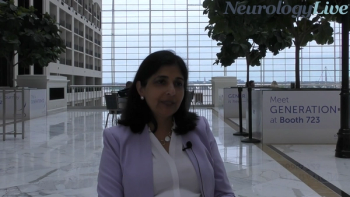
The associate neurologist at Brigham and Women’s Hospital provided insight on the current state of promising targets in progressive MS and why anti-CD3 therapy might be a new consideration for future trials. [WATCH TIME: 2 minutes]

The decision to stop clinical testing of SRP-5051 in DMD follows a serious adverse event of hypomagnesemia in part B of the phase 2 MOMENTUM trial.

Based on the 35-week interim trial results, AstraZeneca and Ionis will seek regulatory approval for eplontersen and plan to file a new drug application with the FDA in 2022.

After 26 weeks of treatment, those on fosgonimeton alone without acetylcholinesterase inhibitors showed a potentially beneficial change in event-related potential P300 latency, an outcome of working memory processing speed.

The trial was terminated because of the expectation of enrollment not being feasible, driven by the recent CMS national coverage determination. The phase 4 confirmatory ENVISION trial is still ongoing.
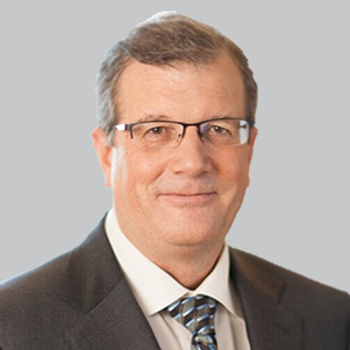
Both the early- and delayed-start tofersen treatment groups demonstrated reductions in SOD1 protein, the intended target for tofersen, and neurofilament, a marker of axonal injury and neurodegeneration.

The director of the Parkinson’s Disease and Movement Disorder Program at Global Neuroscience Institute spoke about her time at the 2022 ATMRD Congress and how successful communication between patients and providers is rooted in accessibility. [WATCH TIME: 2 minutes]

Bradford C. Sippy, the chief executive officer of Tremeau Pharmaceuticals, spoke about the company’s work to reformulate rofecoxib, known now as TRM-201, to treat acute migraine.

Progress in therapeutics and diagnosis over the past decade has dramatically shifted the treatment landscape for this genetic epilepsy and rapidly advanced patient care.

More than $5.2 million in new, unused DMTs were collected from patients with MS over the course of 1 year—from only 1 neuroimmunologist.

Originally approved for the preventive treatment of episodic migraine in Sept 2021, atogepant’s potential new indication stems from positive results from the double-blind, placebo-controlled, phase 3 PROGRESS trial.
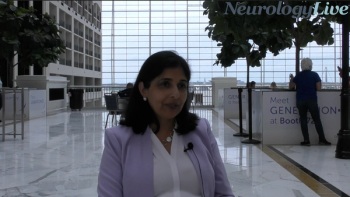
The associate neurologist at Brigham and Women’s Hospital provided background on a new case study of a patient with progressive MS who showed positive outcomes using foralumab, an anti-CD3 targeting agent. [WATCH TIME: 3 minutes]

Over an 18-month treatment period, patients with prodromal to mild Alzheimer disease demonstrated similar increases in Clinical Dementia Rating-Sum of Boxes scores regardless of treatment with placebo or semorinemab.
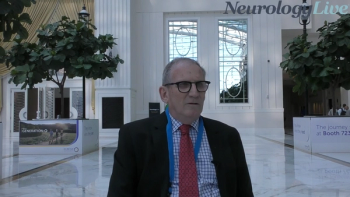
The president and chief executive officer of Mapi Pharma discussed the positive phase 2 findings of a new formulation of glatiramer acetate to treat progressive forms of MS, as well as the long-term plans for the drug. [WATCH TIME: 5 minutes]

The professor and chair of Psychiatry & Human Behavior at Wake Forest School of Medicine discussed the major talking points regarding sleep quality, sleep disorders, and late-life neurocognitive issues.

Endovascular therapy with alteplase was associated with lower morality, home discharge destination, greater likelihood to have no major disability, and ability to ambulate at discharge.

Through the StrivePD ecosystem and an Apple Watch, patients, including those who have been treated with Medtronics’ deep brain stimulation device, are able to track and log their symptoms.

After 24 weeks of treatment, the adjusted mean annualized relapse rates were 0.53 with placebo vs 0.39 and 0.48 for the 30- and 45-mg groups of IMU-838.
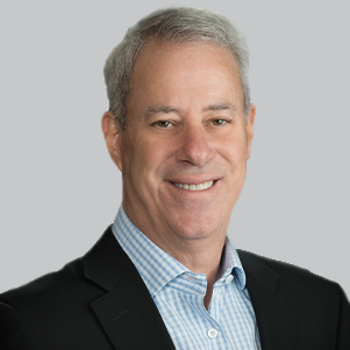
In the first NIH-backed study to evaluate an experimental prevention therapy in cognitively unimpaired persons at risk for Alzheimer disease, crenezumab showed small numerical, but not statistically significant differences compared with placebo.
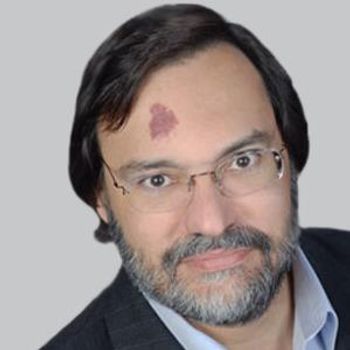
After a protocol adjustment that disallowed the use of the antiemetic trimethobenzamide during dose-titration, adverse event data from an open-label study of apomorphine sublingual film (Kynmobi; Sunovion) suggest antinausea treatment might not be necessary.
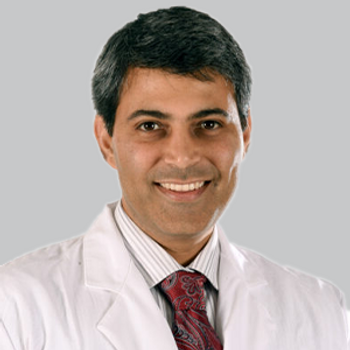
The pharmacodynamic and pharmacokinetic effects of the novel Amneal Pharmaceuticals therapy suggest that it can overcome the current absorption and exposure limitations of the oral levodopa therapies used to treat those with Parkinson disease motor fluctuations.

Achieving greater diversity in study populations is a focus of increasing scrutiny, priority, and funding in all medical research, including studies enrolling individuals on the continuum of prodromal Alzheimer disease, mild cognitive impairment, and Alzheimer disease.

Here's what is coming soon to NeurologyLive®.
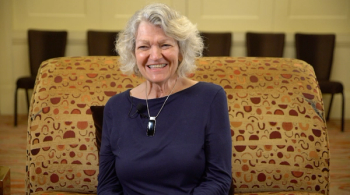
The semi-retired neurologist and consultant with the PMD Alliance offered her takeaways from the 2022 ATMRD Congress in Washington, DC, and her advice for younger clinicians getting into the field. [WATCH TIME: 3 minutes]